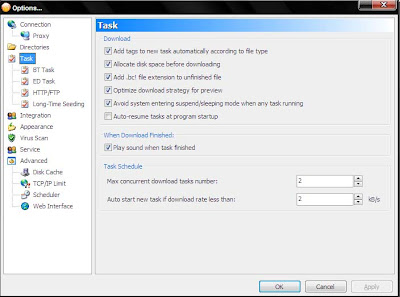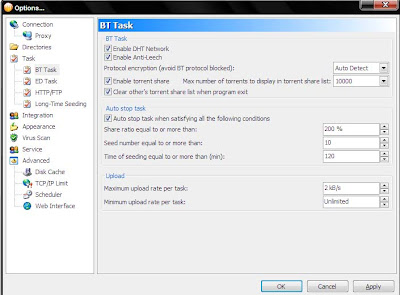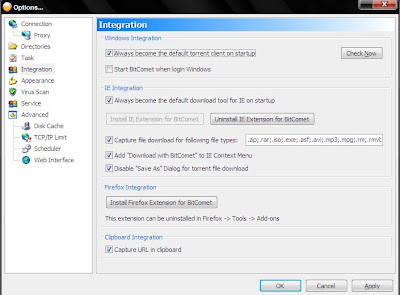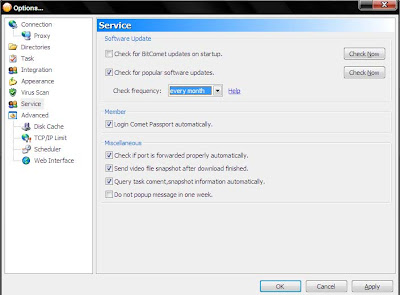The first banks were probably the religious temples of the ancient world, and were probably established sometime during the third millennium B.C. Banks probably predated the invention of money. Deposits initially consisted of grain and later other goods including cattle, agricultural implements, and eventually precious metals such as gold, in the form of easy-to-carry compressed plates. Temples and palaces were the safest places to store gold as they were constantly attended and well built. As sacred places, temples presented an extra deterrent to would-be thieves. There are extant records of loans from the 18th century BC in Babylon that were made by temple priests/monks to merchants. By the time of Hammurabi's Code, banking was well enough developed to justify the promulgation of laws governing banking operations.
Ancient Greece holds further evidence of banking. Greek temples, as well as private and civic entities, conducted financial transactions such as loans, deposits, currency exchange, and validation of coinage. There is evidence too of credit, whereby in return for a payment from a client, a moneylender in one Greek port would write a credit note for the client who could "cash" the note in another city.
Pythius, who operated as a merchant banker throughout Asia Minor at the beginning of the 5th century B.C., is the first individual banker of whom we have records. Many of the early bankers in Greek city-states were “metics” or foreign residents. Around 371 B.C., Pasion, a slave, became the wealthiest and most famous Greek banker, gaining his freedom and Athenian citizenship in the process.
 Next, emerged some particular purpose oriented banks like the Bank of Venice (1171) and the Bank of England, which looked after the loans to the government, and the Bank of Amsterdam (1694) was formed to receive the gold and silver deposits. With the development in the business sector, the banking sector also developed proportionately and the eighteenth and nineteenth century experienced the rapid growth in this sector.
Next, emerged some particular purpose oriented banks like the Bank of Venice (1171) and the Bank of England, which looked after the loans to the government, and the Bank of Amsterdam (1694) was formed to receive the gold and silver deposits. With the development in the business sector, the banking sector also developed proportionately and the eighteenth and nineteenth century experienced the rapid growth in this sector.Modern Western economic and financial history is usually traced back to the coffee houses of London. The London Royal Exchange was established in 1565. At that time moneychangers were already called bankers, though the term "bank" usually referred to their offices, and did not carry the meaning it does today. There was also a hierarchical order among professionals; at the top were the bankers who did business with heads of state, next were the city exchanges, and at the bottom were the pawn shops or "Lombard"'s. Some European cities today have a Lombard street where the pawn shop was located.
Banking offices were usually located near centers of trade, and in the late 17th century, the largest centers for commerce were the ports of Amsterdam, London, and Hamburg. Individuals could participate in the lucrative East India trade by purchasing bills of credit from these banks, but the price they received for commodities was dependent on the ships returning (which often didn't happen on time) and on the cargo they carried (which often wasn't according to plan).
In the modern times, the banking sector developed with the developing sector of trade and commerce. Today, there are different types of banks has been established for different purposes. These are the types of banks operating in today's market:
- Commercial banks: This type of banking includes national and state-charted banks, stock savings banks, and industrial banks. This kind of banking service has provided many services to the society which includes,the basic functions of savings, providing loans, dealing in time deposits, etc. The reserve requirements of these banks are totally different from the mutual saving banks.
- Mutual savings bank: This type of banks provides some limited type of loans and deals in savings and other deposits. But recently the modifications has been done and now, these banks are also providing a huge number of facilities. In these banks, the investment and loan amount depends on the available customer's deposits.
- World Bank (International Bank for Reconstruction and Development): It was founded in 1945 with the view to approve loans to private investors and to the governments of different countries.
- IMF (International Monetary Fund): The bank has been involved in simplifying the process of debt clearance between the nations. It has also provided valuable suggestions to the members in the field of international banking.
- The European Central Bank (European monetary system): Has been founded in 1998 to handle the joint monetary policy of those European countries, which have adopted a single currency.
There are several organizations, which have developed in the recent times and which are performing some of the orthodox banking operations, but these are not under the supervision of state or federal banking authorities. These organizations are also serving the society in the same manner as the traditional banks serve. Some of these organizations are:
- Savings associations
- Loan associations
- Finance companies
- Mortgage companies
- Insurance companies
- Credit unions
- Investment bankers
- Credit securities
- Brokers and dealers in securities
Oldest private banks
- Monte dei Paschi di Siena 1472 - present, the oldest surviving bank in the world. Founded in 1472 by the Magistrate of the city state of Siena, Italy.
- C. Hoare & Co founded 1672
- Barclays, which was founded by John Freame and Thomas Gould in 1690 and renamed to Barclays by Freame's son-in-law, James Barclay, in 1736
- Rothschild family 1700 - present
- Wegelin & Co. Private Bankers 1741 - present, the oldest Swiss bank, founded in 1741 in St. Gallen, third largest private bank in Switzerland
- Hope & Co., founded in 1762
Oldest national banks
- Bank of Sweden — The rise of the national banks, began operations in 1668
- Bank of England — The evolution of modern central banking policies, established in 1694
- Bank of America — The invention of centralized check and payment processing technology
- Swiss banking
- United States Banking
- The Pennsylvania Land Bank, founded in 1723 and receiving the support of Benjamin Franklin who wrote "Modest Enquiry into the Nature and Necessity of a Paper Currency" in 1729.
- Imperial Bank of Persia (Iran) — History of banking in the Middle-East































.JPG)